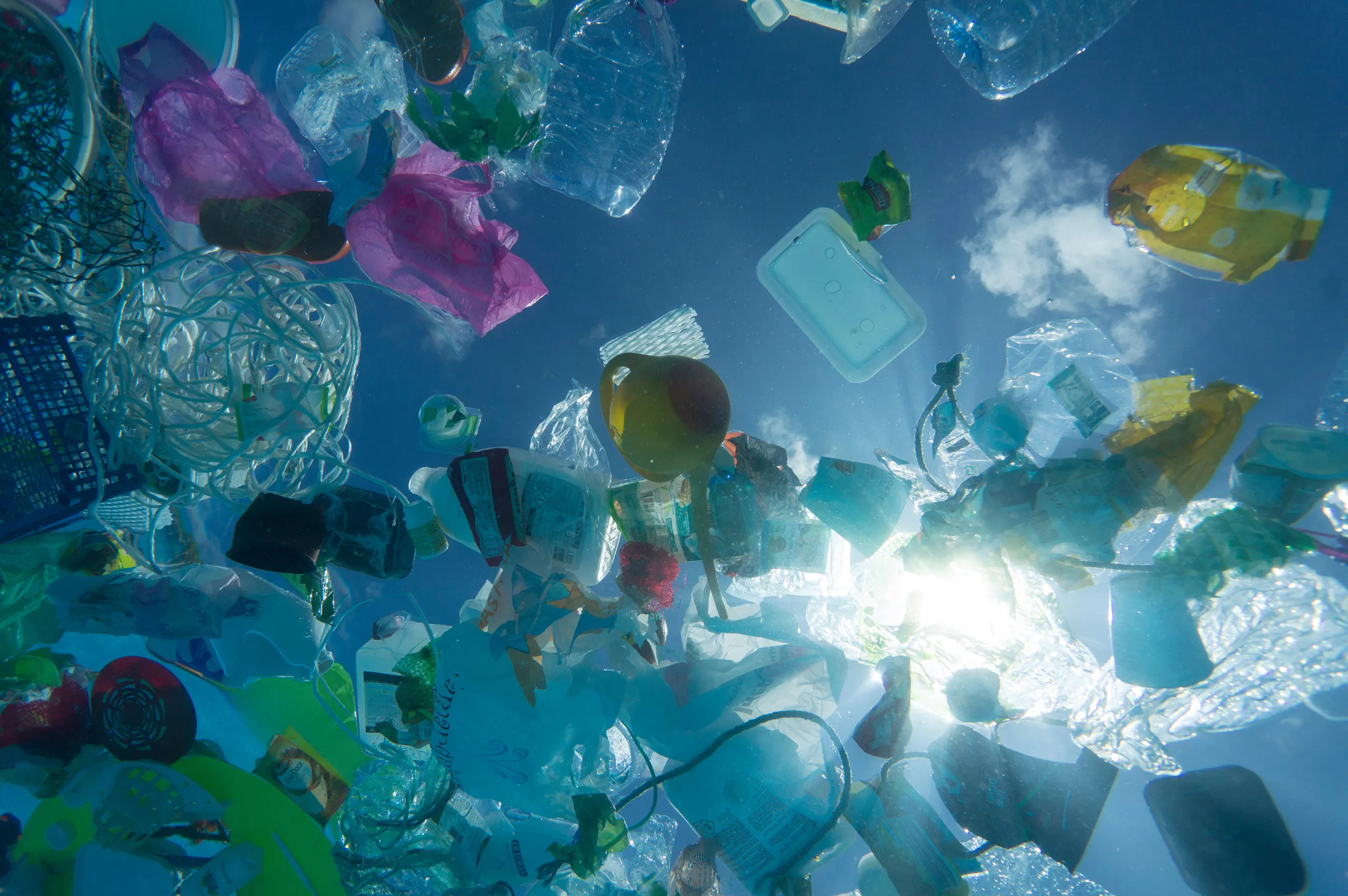Last week my inbox was filled with a mix of encouraging, as well as alarming, headlines on the latest sustainability news. While 94% of companies plan to comply with the Corporate Sustainability Reporting Directive (CSRD), greenwashing lawsuits are taking off. And despite heads of biodiversity being appointed, corporations are backing out of net-zero alliances. It seems that every advance is followed by a setback, which makes it hard to decipher: is long-term, sustainable progress being made?
This question is stuck in my mind on World Environment Day today. This annual celebration encourages global awareness and action to better protect the environment, and this year’s theme is ‘solutions to plastic pollution’ under the campaign #BeatPlasticPollution. The UN Environment Programme’s World Environment Day uncovers a few disturbing metrics:
- More than 400 million tons of plastic is produced every year, half of which is designed to be used only once.
- Less than 10% of that plastic is recycled.
- An estimated 19-23 million tons end up in lakes, rivers, and seas.
As plastics further leach into our ecosystem, they have a detrimental impact on human health and act as catalysts of climate change. Luckily, UNEP estimates policy change could reduce plastic pollution by 80% by 2040. Omitting single-use plastics and enforcing a circular economy can stabilize companies and governments, saving up to $4.5 trillion by 2040 if appropriate policy and market shifts are adopted.
But are the needed changes to address the plastic crisis taking place? Is long-term, sustainable progress toward a circular economy with less waste being made?
CECP’s 6th annual Investing in Society report identified a crucial discrepancy about corporations’ waste policies in practice. Although 90.55% of Fortune 500® companies and 87.53% of the top 3,000 companies by revenue globally (Global 3,000) have adopted a waste-reduction policy, the amount of actual waste recycled has continued to decrease the last three years. The waste recycled by the Fortune 500® dropped 9.1% and the Global 3,000 declined by 5.2% from 2019 to 2021. Companies are creating waste reduction policies, but not following through with actionable initiatives. Recycling infrastructure needs greater investment to support companies more effectively in their waste-management efforts. Buy-in must be global, industry-wide, and supported by government efforts to amplify investments in recycling and product lifecycle management.
As consumption rates increase, plastic and our inadequate management of its lifecycle pose a long-term threat to the health of our people and the planet. This is not a ‘quick fix’. All waste-reduction policies should not solely be a box to check in corporate disclosures, but rather thoroughly defined, linked to operations and strategy, and aligned with long-term reduction targets. Progress must be tracked, and ideally publicly reported, along the way.
CECP’s proprietary Integrated Long-Term Plan framework is currently being updated to include Environmental, Social, Governance (ESG) metrics, such as waste-reduction management. The framework will be utilized during our upcoming climate focused CEO Investor Forum happening in New York City this November. To date more than 50 CEOs, representing over $3 trillion in market cap, have communicated their company’s sustainable value creation strategy and forward-looking metrics over a three to five-year time horizon using this framework. We encourage you to join us on November 14-15 as we hear from leaders influencing the market shift needed to address the climate crisis. You can register here.
As previously mentioned, advances are often followed by setbacks. Waste reduction policies are on the rise, but the amount of waste recycled is falling. But it doesn’t need to be this way, and for the sustainability of our planet and livelihood, it can’t be this way. Slashing this ebb and flow is possible through scaling up efforts from governments, companies, and other stakeholders to invest in ‘solutions to plastic pollution’. Celebrating and taking part in initiatives to support 2023’s World Environment Day are opportunities to raise awareness.


